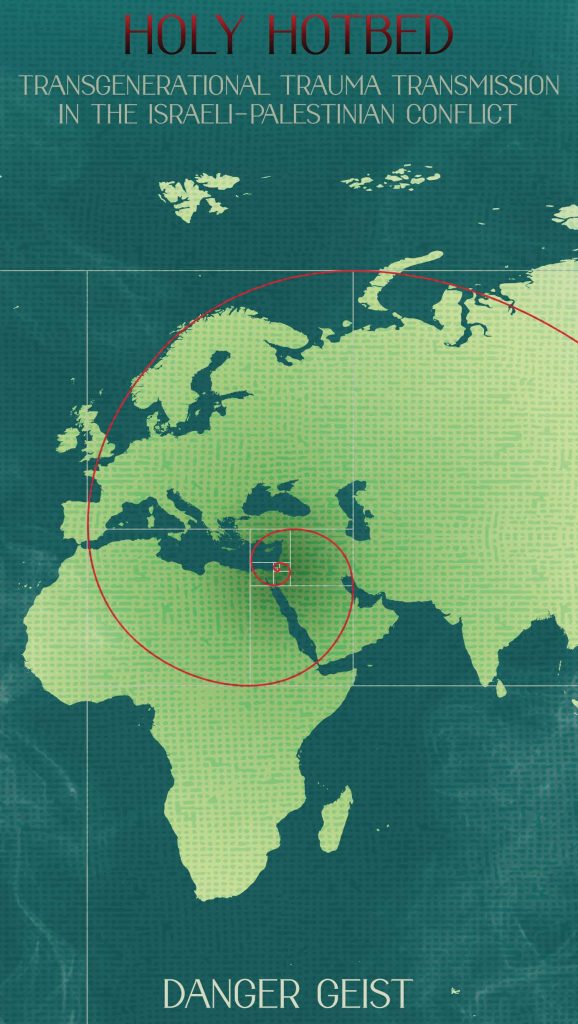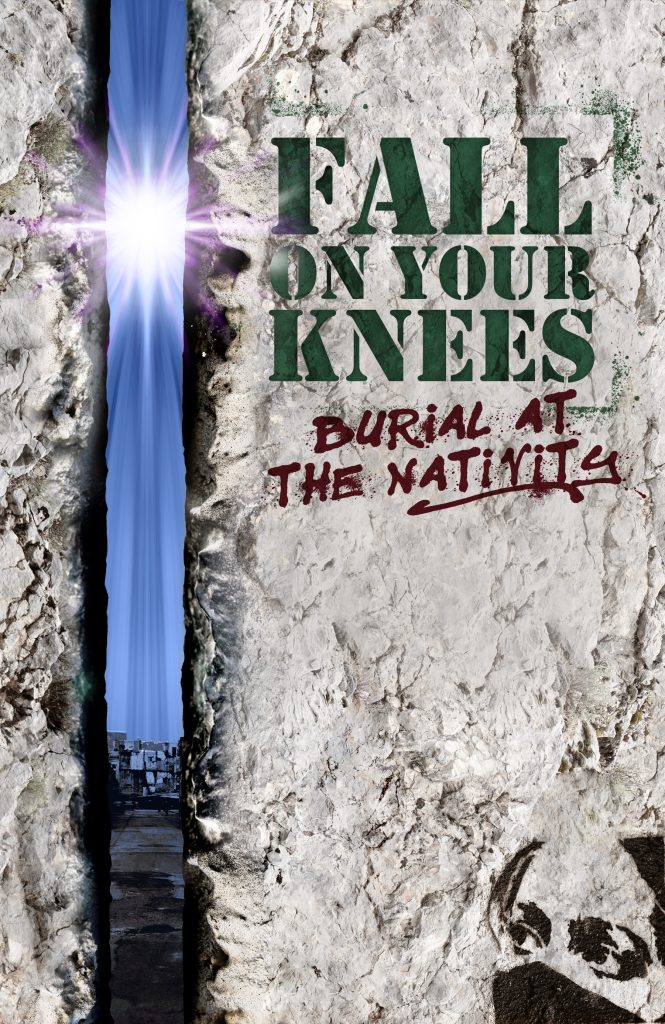
A phenomenological research study was conducted to assess the impact of Transgenerational Trauma Transmission (TTT) in Israelis and Palestinians who live amidst the Israeli-Palestinian Conflict. The history of the Israeli-Palestinian Conflict and the Israeli (Jewish) and Palestinian (Muslim) eschatological viewpoints were also investigated for impact.
Ten Israeli adults in Jerusalem and seven Palestinian adults throughout the West Bank (N = 17) between the ages of 18 and 35 participated in hour-long qualitative interviews with questions that assessed TTT and religious/eschatological beliefs. After collection and data analysis that included NVivo, seven themes were identified among the participants: (a) those dealing with TTT do not recognize their trauma as clinically significant; (b) those dealing with TTT display behavioral changes and negative somatic manifestations rather than psychological symptoms; (c) those dealing with TTT have loss of faith; (d) those dealing with TTT have relational barriers with those belonging to the group that their elders have had conflict with; (e) those dealing with TTT do not necessarily hate those belonging to the group that their elders have had conflict with; (f) Israelis and Palestinians have contempt for the conflict and resentment towards those in authority who exacerbate the conflict; and (g) Israelis and Palestinians do not believe there is a solution to the conflict that does not involve war.
This study prompted three takeaways for future research: (1) there needs to be a stronger distinction between Israelis/Palestinians’ settlement, educational, and military experiences; (2) physical manifestations of trauma ought to be assessed as fully as mental symptoms; and (3) psychosocial gaps should be examined in regards to both the individual participant as well as the participant’s immediate community environment.

“When God moves,
Bethlehem suffers.”
From the moment she was born in the little sieged town of Bethlehem, everyone has been trying to bury Claire Anastas. Her own father fit her for a casket at her birth, and even today the West Bank separation wall swallows her business and livelihood.
Come and experience occupied Bethlehem from Claire’s guesthouse as she braves the oppression of her people, wrestles with the holy grief of her family being torn apart, and struggles to reclaim the shine from a city once known for its star, a city now in desperate need of resurrection.
Burial only seems like the end when you’re still stuck in the grave.